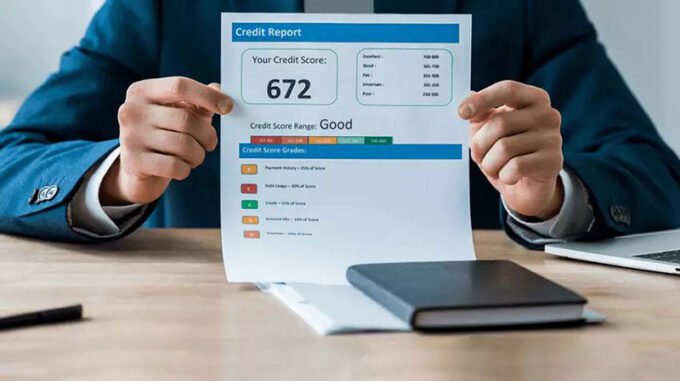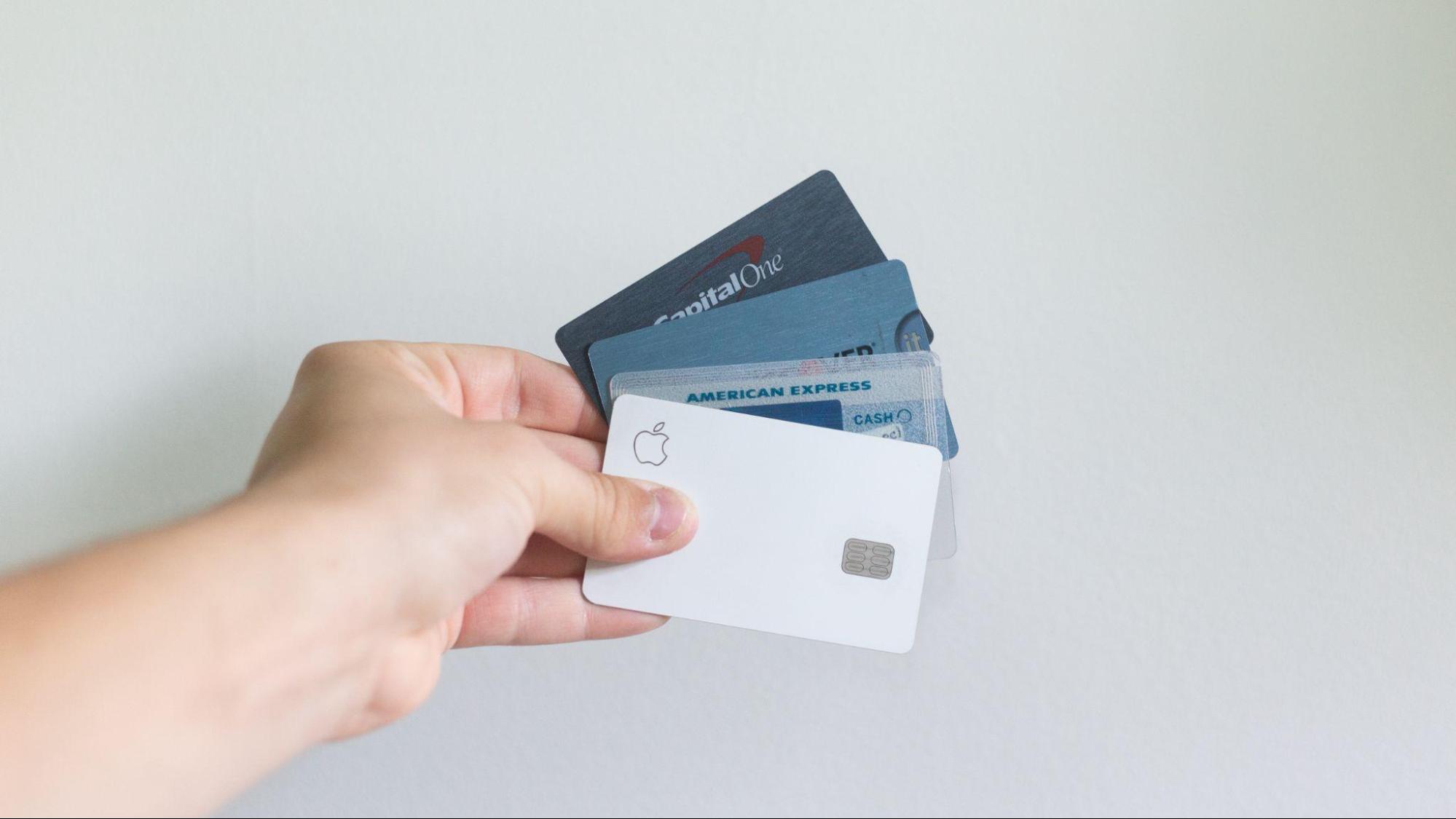Almost every adult is somewhat familiar with the concept of a credit score. Credit scores essentially determine how much access individuals have to credit. Therefore, it makes sense that many people concern themselves with improving their credit scores.
However, credit scores are not just relevant in the context of personal finances. Businesses also require access to credit, which is why business credit scores exist. Thus, in this article, we examine what business credit scores are, how they work, and how they differ from personal credit scores.
What is a business credit score?
Credit scores are a measure of creditworthiness. This holds true even with regard to businesses. In essence, business credit scores are numbers that reflect a business’s creditworthiness. Lenders regard a business with a high credit score as having a higher likelihood of repaying loans. As a result, businesses with high credit scores have a better chance of securing loans than counterparts with lower scores.
Notably, business credit scores have a different numerical range from personal credit scores. While personal credit scores are generally calculated as a number between 300 and 850, business credit scores typically use the numerical range of 0 to 100. One exception to this is the FICO Small Business Scoring Service (FICO SBSS) which uses a scale of 0 to 300.
How are business credit scores calculated?

There are majorly three credit bureaus that compute the credit scores for businesses in the US. These are Equifax, Experian, and Dun & Bradstreet. These firms use slightly different scoring methods.
Notably, various factors come into play in the calculation of a business credit score. Like personal credit scores, payment history is a crucial factor in determining a business’s credit score. This refers to the historical pattern of a business in taking out loans and making payments. Needless to say, making payments promptly would have a positive impact on a business’s credit score.
In addition, the age of a business may affect its credit score. Businesses that have been around for a longer time and have a history of financial stability may be able to attain a higher score than newer businesses. Debt utilization is also a relevant factor. This refers to the percentage of credit available to a business that is used. Taking on too much debt may jeopardize your business’s credit score.
Some other factors that can affect a business’s credit score include bankruptcy, legal liability, and such other issues that could impede a business’s ability to make payments. Similarly, a business’s industry, size, and geographical location may all be considered in computing its credit score.
As mentioned earlier, credit bureaus have slightly different scoring methods, which means they may consider different factors. For instance, the Dun & Bradstreet PAYDEX business credit score only takes into account a business’s payment history.
Business credit scores vs. personal credit scores

There are a number of similarities and differences between business and personal credit scores. The most obvious similarity is that both types of credit scores are a measure of creditworthiness, determining how willing a lender would be to approve loans. Also, both business and personal credit scores are calculated, taking payment history and credit utilization into account.
However, the two credit scoring systems are also different in several ways. For instance, there are some factors that are uniquely considered when calculating business credit scores but don’t apply to personal credit scores. These include factors like company size and industry risk.
Another key difference is the numerical range. As mentioned earlier, business credit scores are mostly computed on a numerical range of 0 to 100. In contrast, personal credit scores use 300 to 850. Finally, business credit scores are tied to an Employer Identification Number (EIN), while a personal credit score is tied to a Social Security Number.
How to improve your business credit score
Here are some of the ways you improve the credit score of your business:
1. Pay attention to your personal credit score
This is particularly relevant for small businesses where the business’s finances and the business owner’s finances are not very separate. As such, the business owner’s credit score is an essential determinant of the business’s credit score. For bigger companies, the business owners’ credit scores have less impact on the business’s credit score.

You can improve your personal credit score by paying your bills on time, avoiding carrying over balances, and having a credit utilization of less than 30%. An advantage of improving your credit score as a small business owner is that you get access to more credit to make investments in your business.
If you have a bad credit score, you can explore the CreditNinja application process to secure loan options like quick loans, payday loans, and other personal loans. This way, you can gradually improve your credit score by taking and paying back these loans – a process that builds your payment history.
2. Minimize credit utilization
Credit utilization refers to the percentage of the overall credit available to your business that is used. Maintaining a lower credit utilization ratio is generally best as it positively affects your business credit score. One way to do this is by opening new lines of credit.
This approach increases your overall credit limit, meaning the proportion of credit used by your business goes down. Finally, targeting a credit utilization ratio of less than 30% is ideal.
3. Pay bills on time
Another way to ensure your business has a high credit score is to pay all your bills promptly. As explained, your business’s payment history is a primary factor in calculating its credit score. Thus, you want to build a track record that represents your business as a responsible borrower.

To do this, you should pay all expenses, such as rent and utilities, on time and consistently. Similarly, make debt repayments on schedule. Even a single late payment could adversely affect your business’s credit score.
Final Thoughts
Like individuals, businesses also require access to credit, especially in the growth stage. To ensure such access to adequate credit, it’s important to build and maintain a high business credit score.









